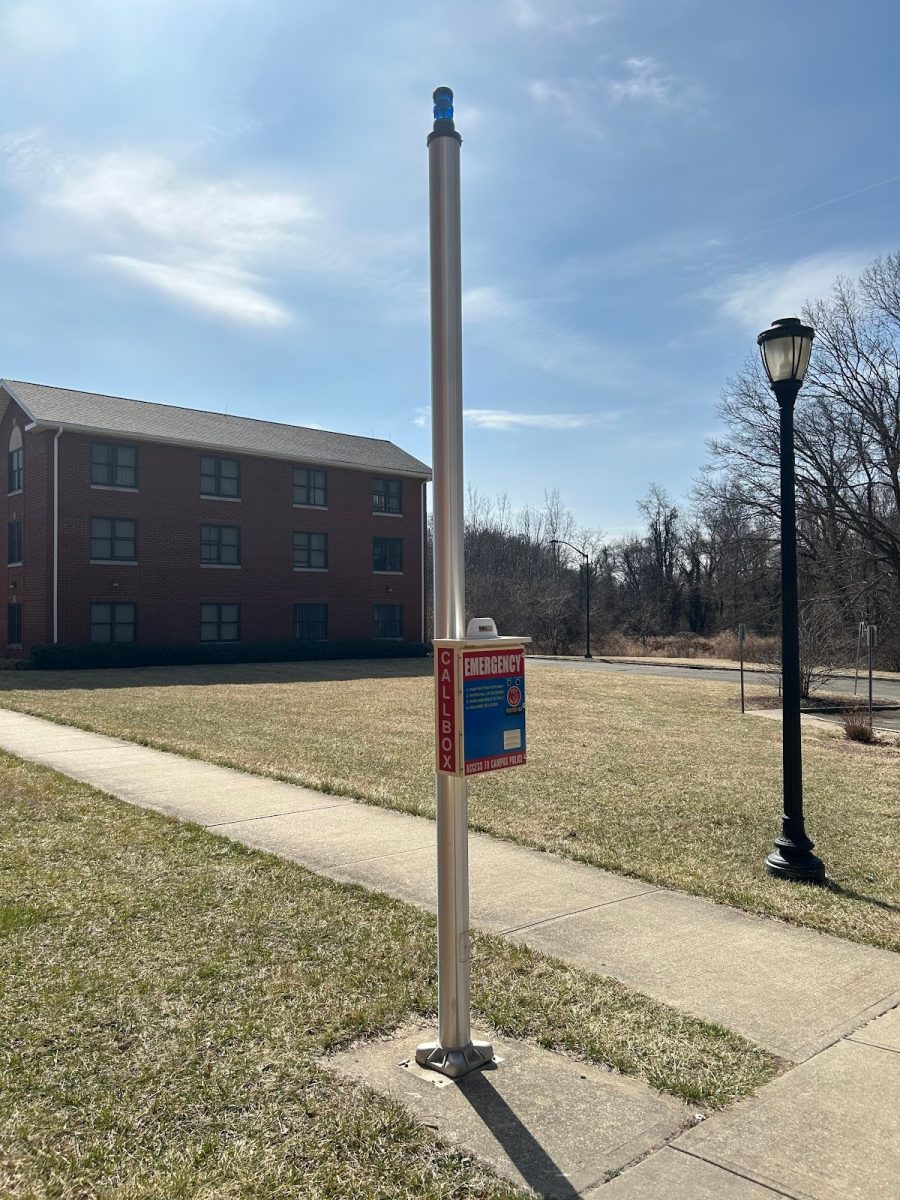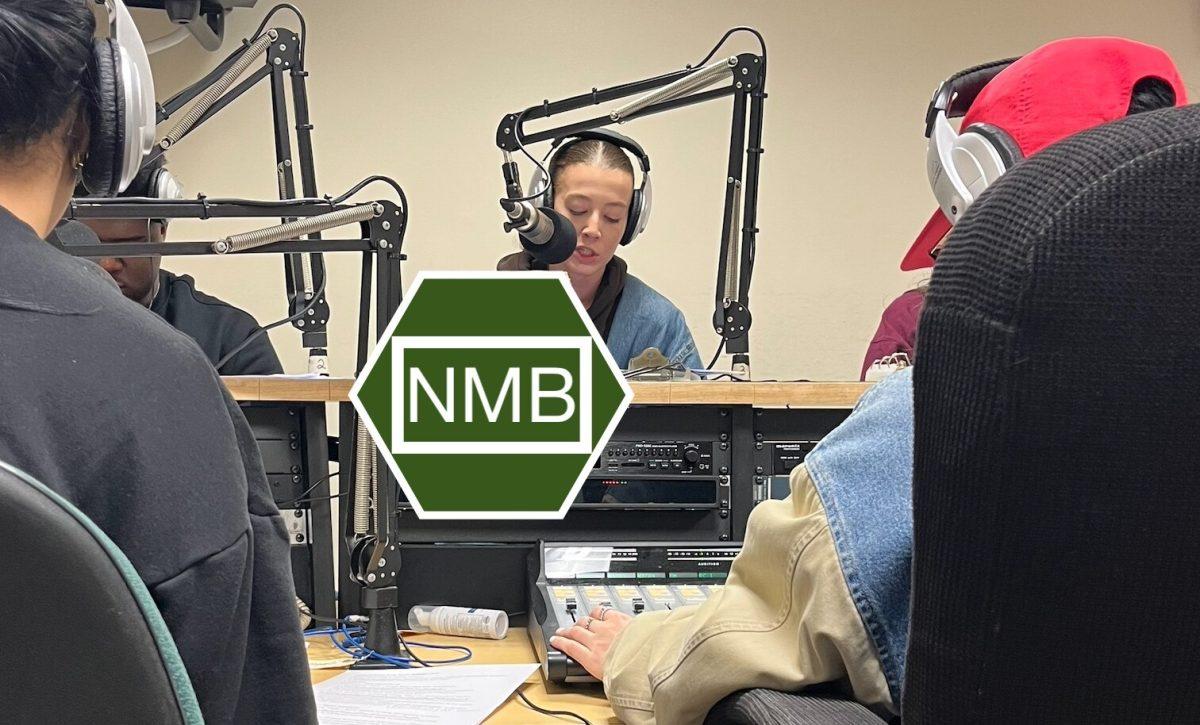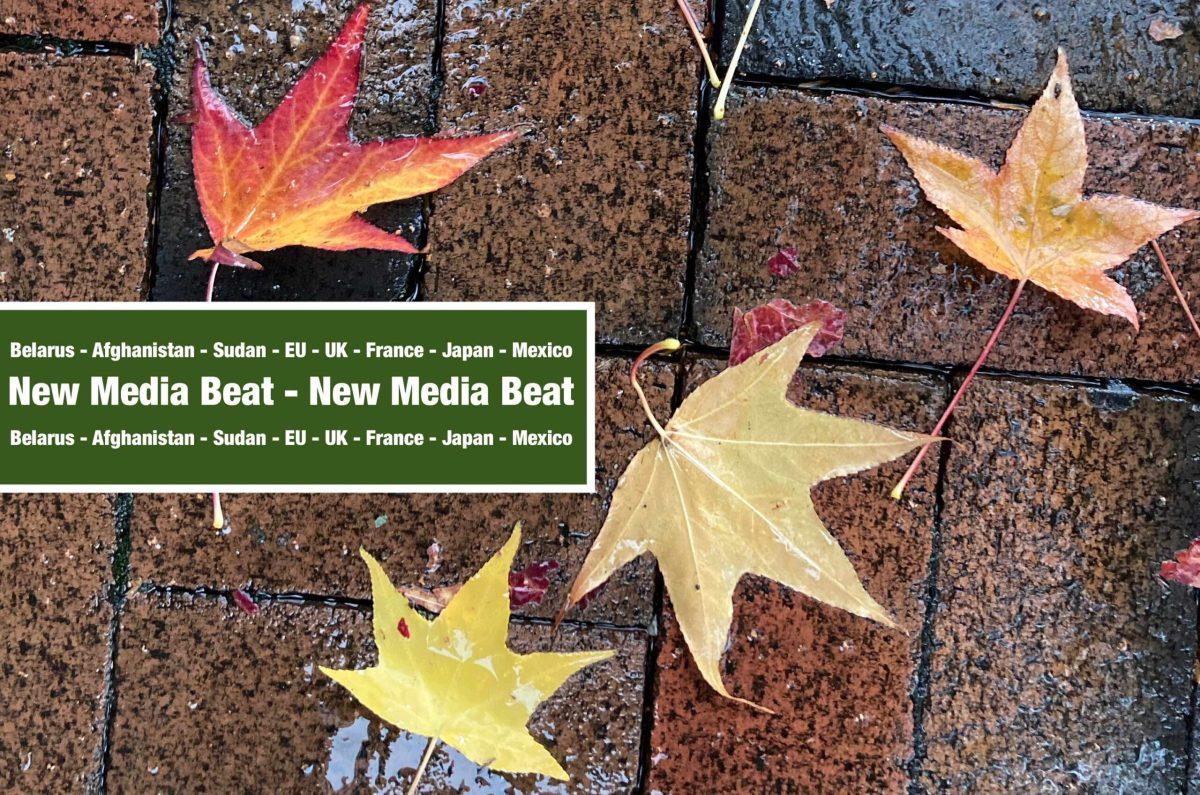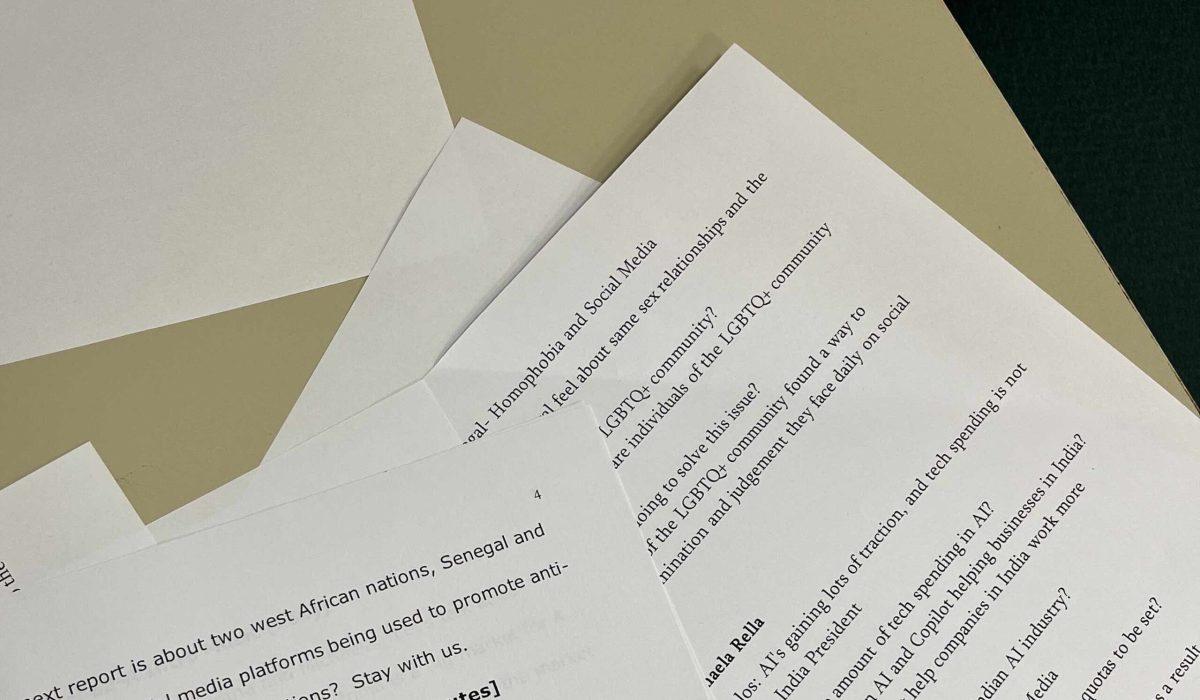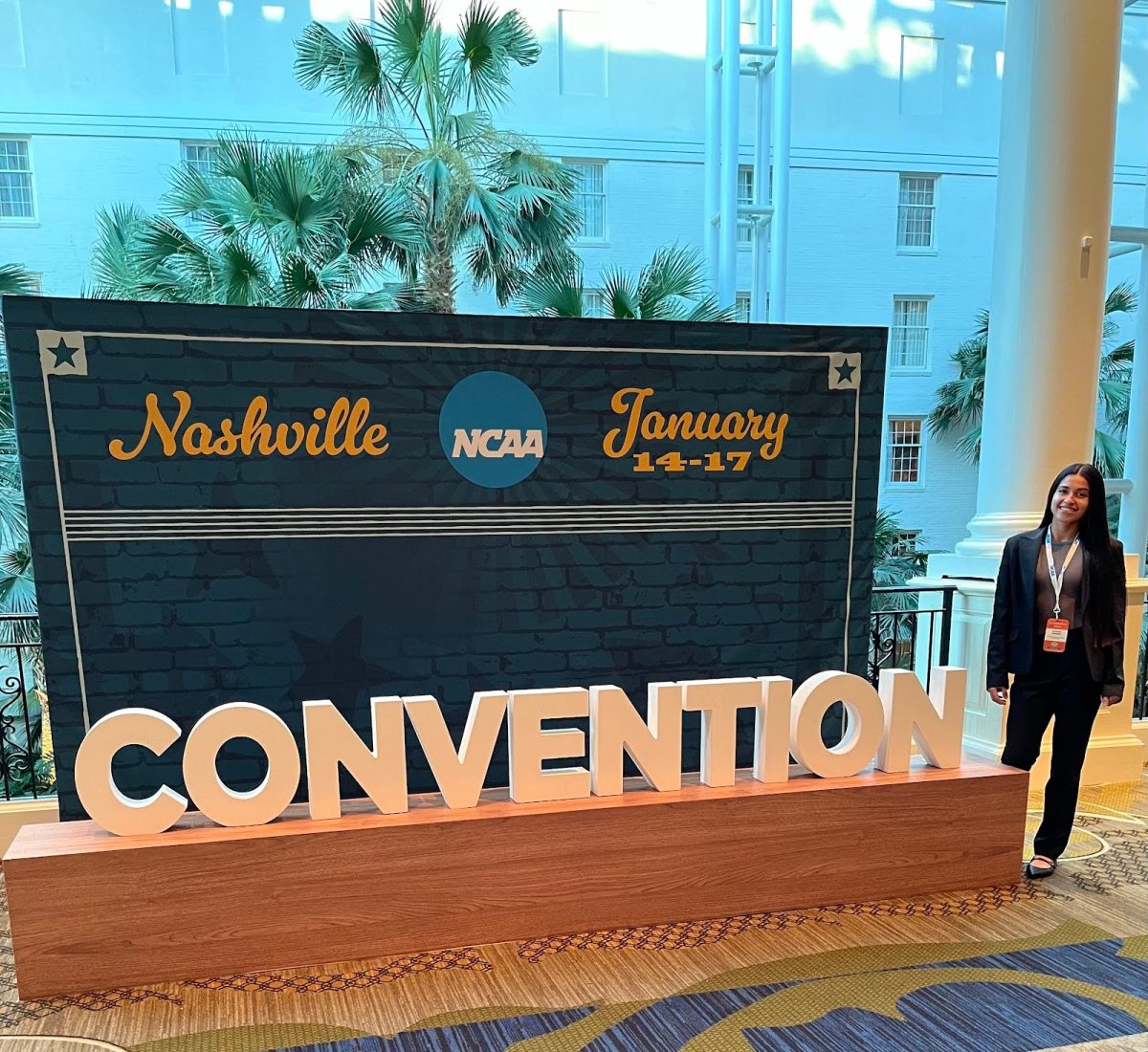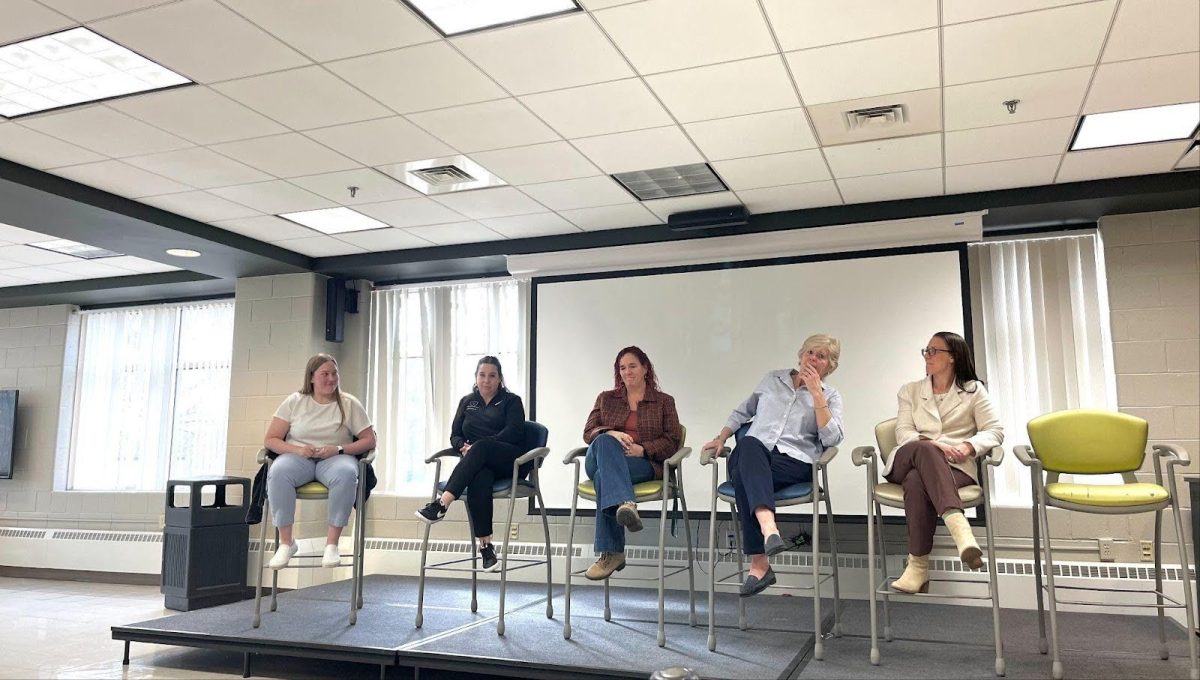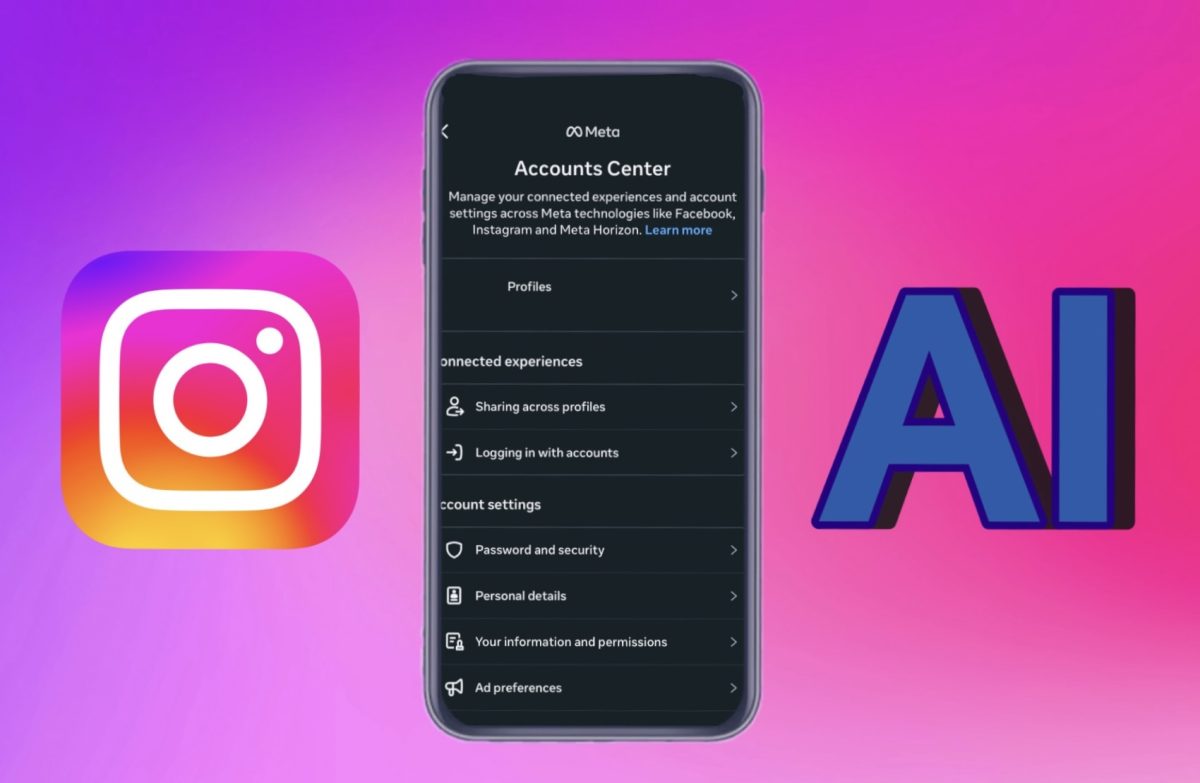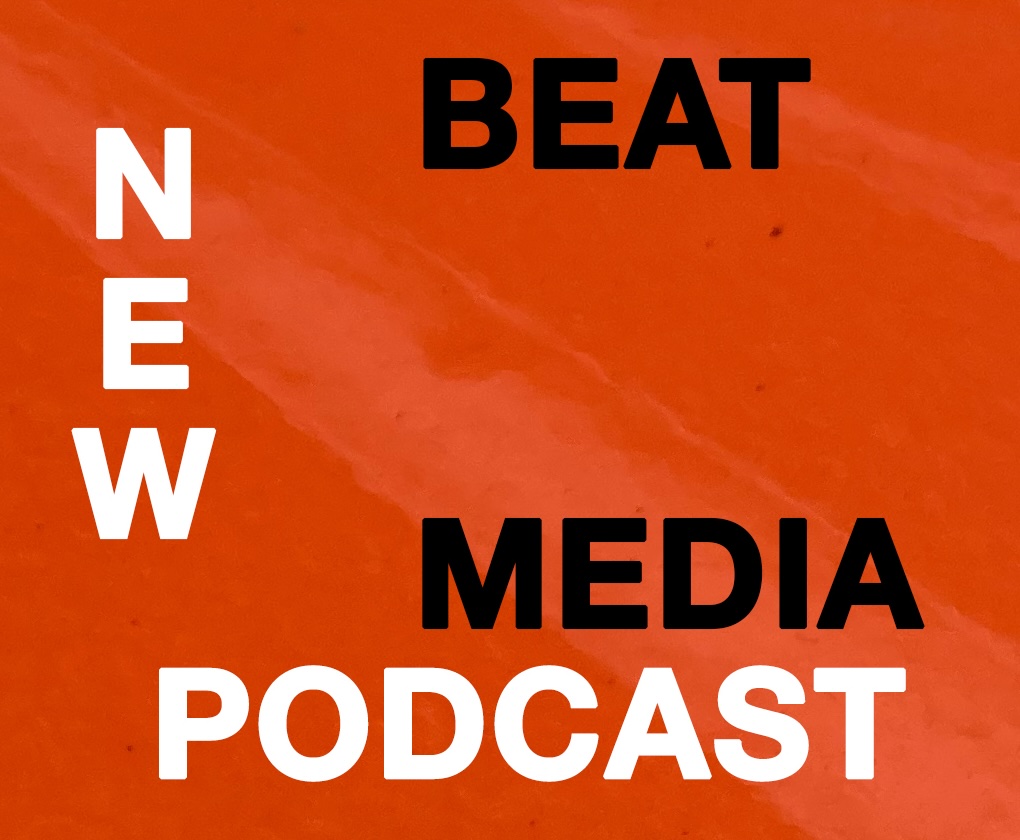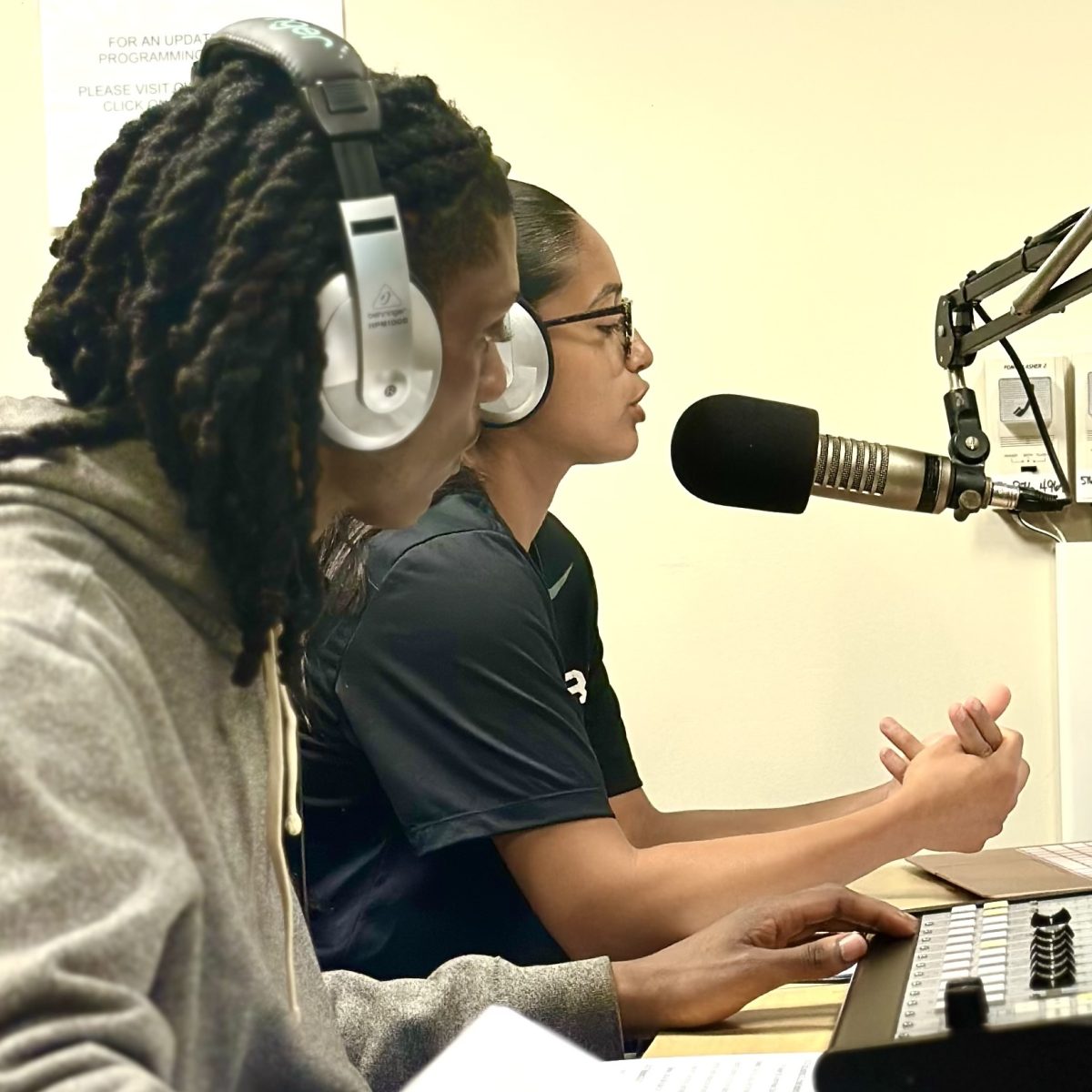
When pondering about what to do regarding my first story for the Catalyst, I decided to touch upon psychology due to its importance at SUNY Old Westbury. Psychology is a subject that deserves more recognition. So, I decided to speak with Mariam Tarin who but holds a Bachelor of Science in Applied Psychology.
The Catalyst: Where did you study?
Mariam Tarin: SUNY Farmingdale
The Catalyst: What made you want to study psychology?
Mariam Tarin: I’ve always had a deep affinity to the study of psychology. I decided to settle on a psychology major due to its core principles, specifically its dedication to helping people. I empathize with those who struggle to find a suitable psychologist. Psychologists have assisted me in tremendous ways and this gesture is only something I’d like to extend to others. I want to help people with their issues as if they were my own. In addition, I often wonder about the explanations for human behavior and interaction.
The Catalyst: Through your studies, how can you say learning differs between adults and kids?
Mariam Tarin: The father of Educational Psychology, Edward Lee Thorndike, once said, “Human education is concerned with certain changes in the intellects, characters and behavior of men, its problems being roughly included under these four topics: Aims, materials, means and methods.” From the moment we’re born, we have the desire to learn and continue to learn more about the world around us. We are guided by our interest to explore our surroundings and those around us to make sense of things. This curiosity is the natural response we experience when confronted with stimuli we find interesting. Research shows that it is in fact a sign of intellectual skills in childhood and adulthood, such as better remembering factual information in high states of curiosity. As we age, what piques our curiosity tends to be more focused.
The Catalyst: How does the brain’s chemistry change when learning?
Mariam Tarin: In the brain, there is a pathway that drives people to obtain things that are intrinsically rewarding. When our curiosity piques, the parts of the brain that regulate pleasure and reward light up. When these parts light up, our brains release a chemical called dopamine, which gives us a high. From this, we can infer that the effect of dopamine suggests there is a connection between the mechanisms supporting extrinsic reward motivation and intrinsic curiosity.
The Catalyst: How important is a growth mindset?
Mariam Tarin: Having a growth mindset is ideal. Additionally, having a growth mindset strengthens curiosity. We benefit from being curious. It has been proven that curiosity can help encode unrelated information both in kids and adults. The way curiosity enhances cognitive functions can be used to improve memory performance and learning processes.
The Catalyst: How can we apply psychology to a college/school’s learning environment in order to enhance it?
Mariam Tarin: Psychology can be useful in a school’s learning environment because when educators know why students are more likely to learn certain topics, it can help them create techniques that will improve learning other topics. Knowing what intrigues students can be helpful in devising learning materials that will be retained. Curiosity is one of the most basic human impulses. Basing education on this behavior would prove to be beneficial.





